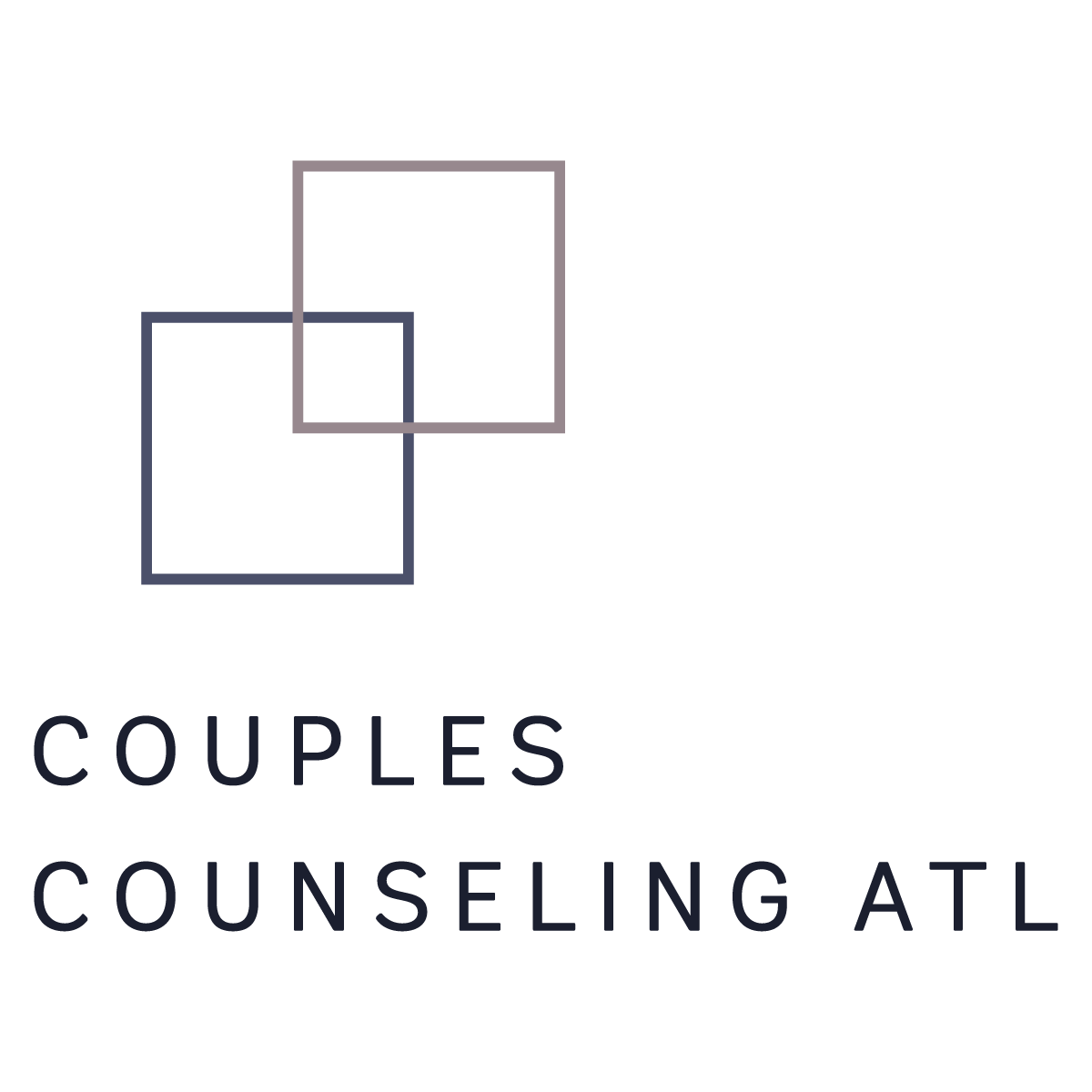TRAUMA & FAITH
Stephanie Cook with Jessica Hart
Today I am interviewing Jessica Hart
I want to ask you about something that comes up a lot for our couples. And the topic is trauma in their religious or faith background.
When someone has had a really traumatic or difficult, hostile, something painful, something has happened, either at church or synagogue, mosque, their place of worship. With a pastor or a person in power, or within their own family.
The intersection of trauma and faith, and how you have helped couples navigate that susceptible topic.
If you don’t mind, please just share with our listeners today, how that comes up sometimes for couples, and how you help them work through it.
J:
This is such an important topic for couples. And if this has been an experience for people who have had some sort of trauma, especially with their church base or in mosques or with their pastor or in general, I am so sorry you have gone through this, because it’s something that not only impacts individuals but also couples as well.
One of the biggest things is seeking help is so so important, with a person that understands both the faith aspect of it, but also the science and the research.
Recognizing how do we navigate around trauma.
What does that even mean from a religious background?
When a traumatic event happens, their faith has shaken?
Do I believe anymore?
Can I even be forgiven?
What does that look like?
And so if one person has gone through that traumatic event and is wrestling, the other person might be like “ I still believe, you should pray about it”.
And so what I help couples do is to be able to create that safe environment, be able to talk about that trauma, to really identify what are those belief systems that have been shattered, what does that mean for couples, how do we navigate around it?
That is something that is so important for couples, especially if they have gone through a lot of trauma:
It´s learning how to heal, how to process things together, learning how to just navigate around these kinds of topics.
S:
Thank you jess that’s very helpful. It sounds like you’re creating a safe space for them to have difficult but necessary conversations is very important.
And even though I know you work with couples with all faith backgrounds you are especially interested in working with Christian couples and you identify as a Christian.
Kind of the next question I have for you is:
If you are working with a couple where one person has experienced some sort of trauma and perhaps it really has affected them personally and maybe affected the relationship as well; why might you want to work with them as a couple, rather than as an individual.
Because I’m sure individual work is very very helpful in these instances when someone is struggling with this. But I know why some couples are wondering, why couples therapy for that? Why might it benefit a couple, even if it’s just been one person who has been traumatized by a past experience?
J:
Great question, because when someone goes through a significant, traumatic event, they can feel really isolated, they can really feel lonely, they can feel like “I don’t know if people can understand what I’ve gone through, especially with my significant other”.
And so it’s very important for couples to work to do, it’s not only focused creating that safe environment for the individual, but also allowing the significant other to understand or to kind of experience that, and to learn and to grow and to heal together,
Because the person who has had to experience that trauma, they have to be able to share their story. They have to be able to feel comforted, to feel loved, and the other person who hasn’t experienced the trauma, won’t be able to fully understand and to heal as a couple unless they are in the room as well. And doing the growth, and being in the midst of that pain.
That’s why I love for people to do couples therapy together because it can be very rewarding, it can bring couples together and it can make them stronger long term.
S:
Thank you jess that was very helpful, to think of it that way. Not just something to help your partner heal, but also as a source of connection between the two of you. There is an added benefit to not just doing the counseling on your own, but also having a place with your spouse or your partner, to help you to heal some past traumas together.
J:
And sometimes, even going further here, is the significant other, they may have no idea, what questions to ask or even understand what happened, so it’s very important for them to be part of the healing journey as well.
S:
That´s very helpful to hear jess. And so if a couple is interested in working with you, especially around some past trauma, that 1 or both have experienced, how should they begin something like couples therapy with you, what would you suggest they do if they are ready to talk about past traumas?
J:
One of the best things to do is just to reach out and to schedule a phone consultation. Don’t worry it’s free. Just making sure it’s going to be a great fit, and just being able to maybe have a zoom call or a virtual call, and to get to know me a little bit more. To see and ask any questions. That’s the very first part, just schedule a phone consultation, also email me and go from there. Our website is www.counselingatl.com/jessica feel free to schedule a phone consultation that way
S.
I encourage you to book a free initial consultation with Jessica if you are ready to get started.
Ty for your time.
J:
Ty Stephanie.



